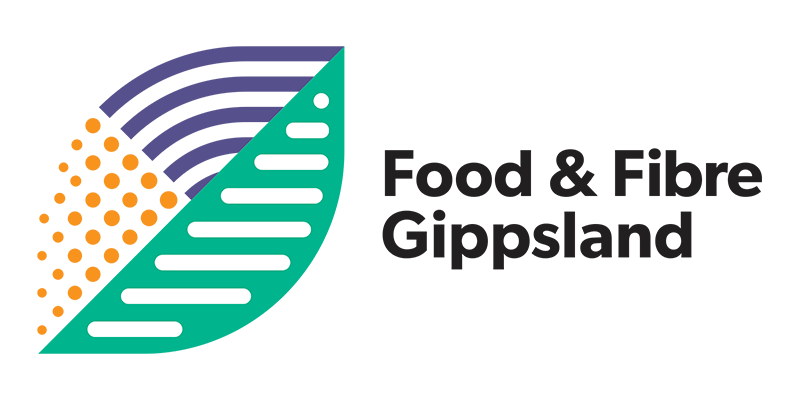Crickets with that ?
Insects are gaining momentum and recognition as an alternative source of protein for both animals and humans, providing a nutritious and sustainable solution for feeding a growing global population.
But how do we farm them?
Gippsland farmers are encouraged to join an online information session this Thursday 6 May where the methods, opportunities and challenges of running a commercial insect will be discussed.
There’ll be an inside look at a day in the life of an insect farmer, and discussion about the potential to establish and support an innovative and sustainable insect farming industry in the region.
According to the April 2021 CSIRO Edible Insects Roadmap, in the next five years the Australian insect farming industry is estimated to be worth $10 million AUD per annum, while the global insect farming industry is expected to reach a total value of $1.4 billion AUD by 2023 and grow 44% annually by 2025.
Right now, there are 14 active commercial insect farming businesses in Australia and as industry interest builds, the number of farms is forecast to continue to grow.
There are three species of insects are currently approved for human consumption in Australia by Food Standards Australia New Zealand (FSANZ).
They are:
Achaeta domestica (house crickets)
Zophobas morio (super mealworm), and
Tenebrio molitor (mealworm beetle)
Whilst it’s not yet FSANZ approved, the other species of interest is the Black Soldier Fly Hermetia illucens. It has been the subject of extensive research as a livestock and aqua-cultural feed. The Black Soldier Fly has impressive organic waste processing abilities, capable of converting organic waste like wine marc or vegetable scraps with no value, to a high-quality source of protein for human or animal consumption.
The discovery work currently underway on the opportunity for a potential insect farming industry in Gippsland is an initiative of the Gippsland Smart Specialisation Strategy (GS3). The food and fibre stream of the strategy is run in partnership between the Latrobe Valley Authority and Food & Fibre Gippsland, along with many other partner and stakeholder organisations, and aims to foster innovation and strengthen the region's industries to improve competitive and social advantage.
GS3 Food & Fibre Program Manager Ben Gebert is involved in the coordination of the discovery and research process.
“Insect farming has been identified as a key new industry with wide-ranging benefits and applications, and we're keen to determine Gippsland's suitability for the establishment of its own insect farming industry" he said.
Want to know more?
Join the conversation online this Thursday 6 May from 10am til midday.
Email ben.gerbert@foodandfibregippsland.com.au or elena.nauta@foodandfibregippsland.com.au to register or to go direct to the Zoom meeting room on the day – the link is https://zoom.us/j/95032713862?pwd=ZnJUVUtQNjhZeXdqVWFPbTczOXNvdz09
* Please note that the Zoom link will be “live” ( i.e.: there’ll be someone online on Thursday 6 May from around 9:45/9:50 in preparation for the 10am meeting. When you click on it prior to that, it will just say that this meeting is scheduled to start at 10am Thursday 6 May.
